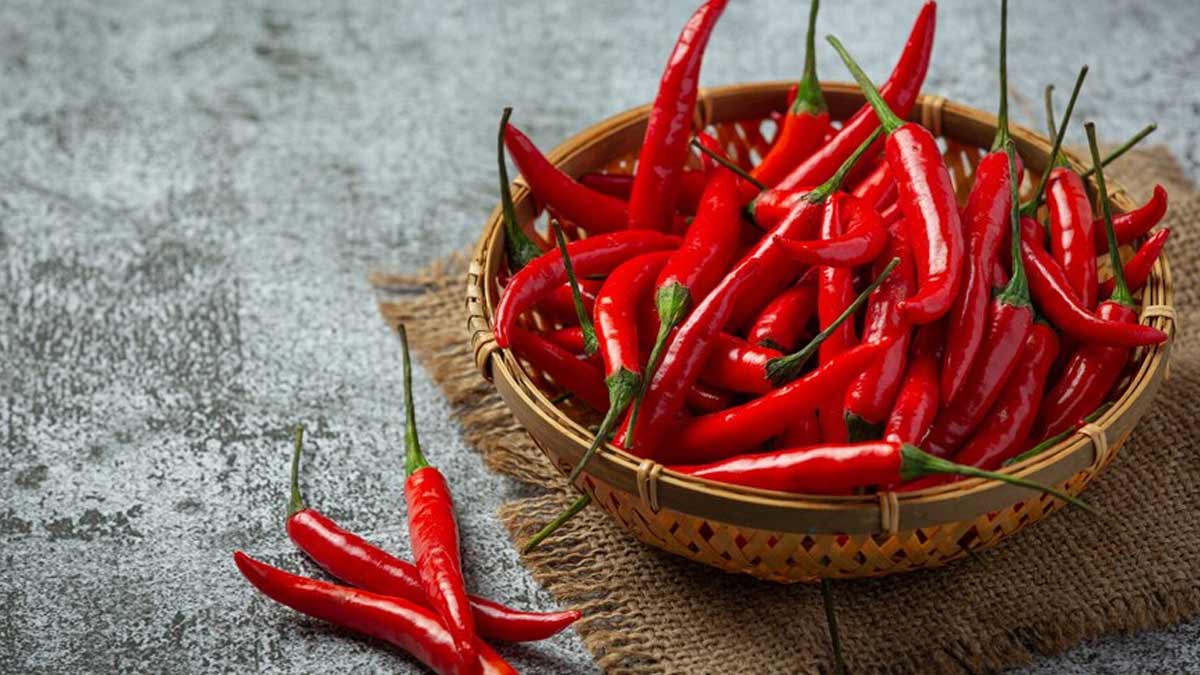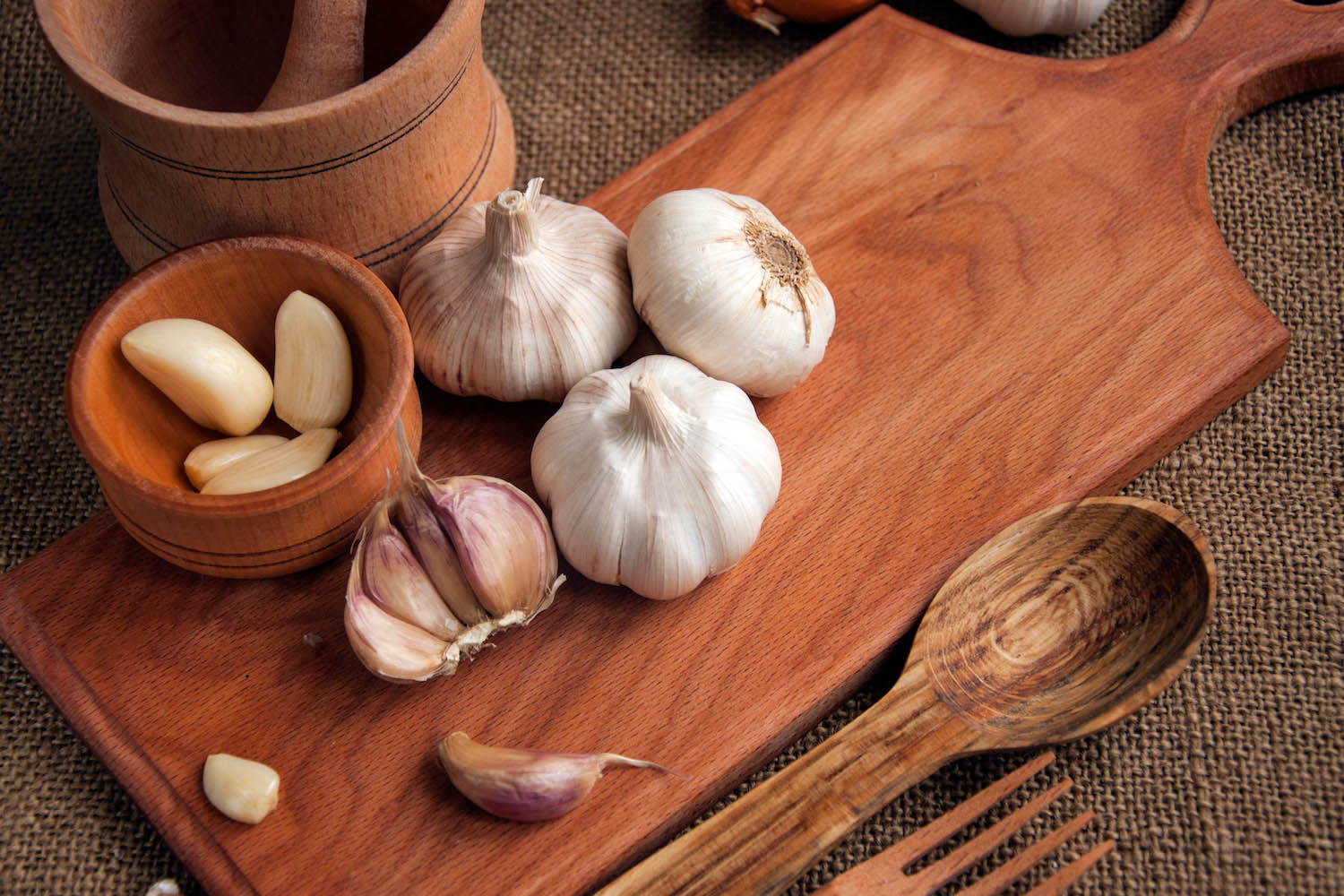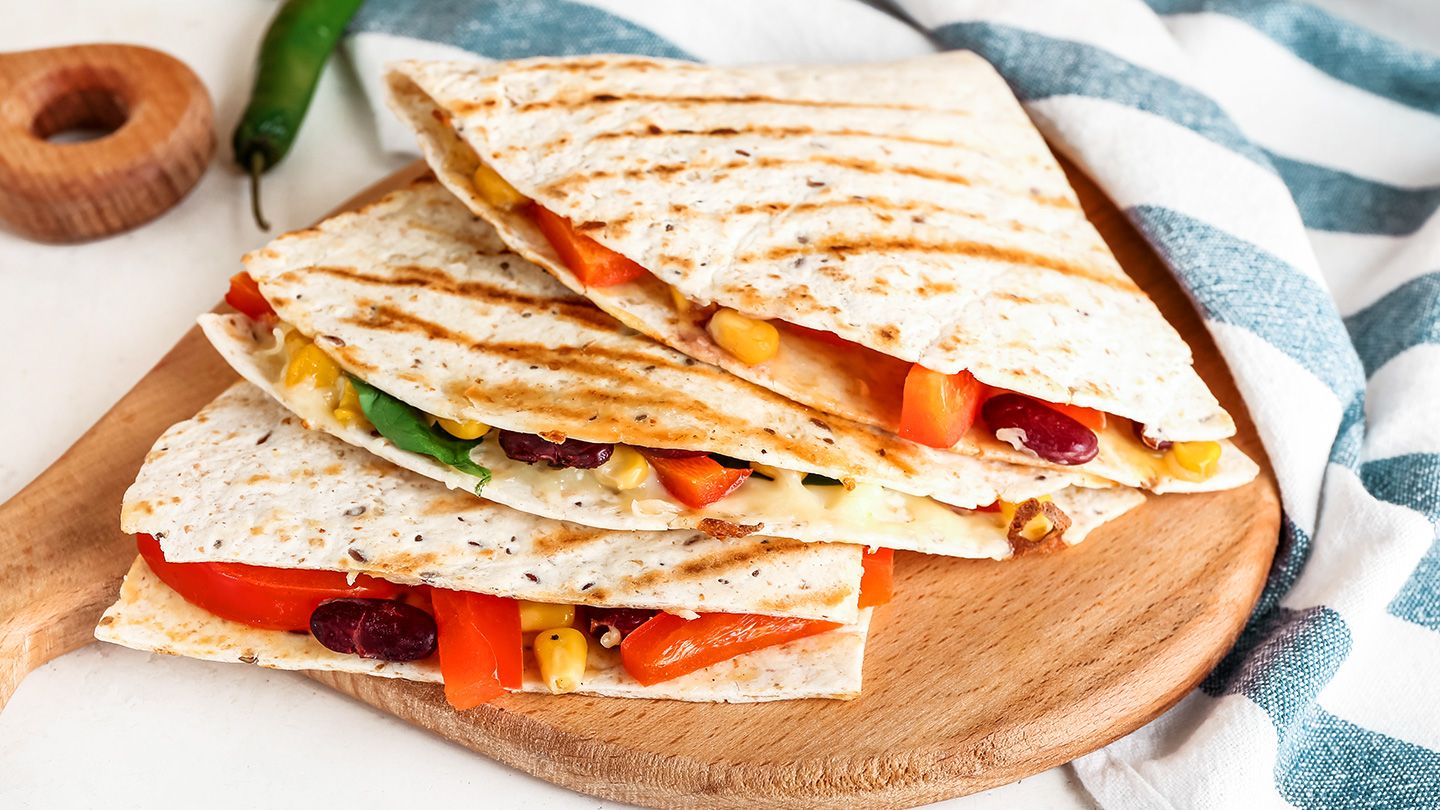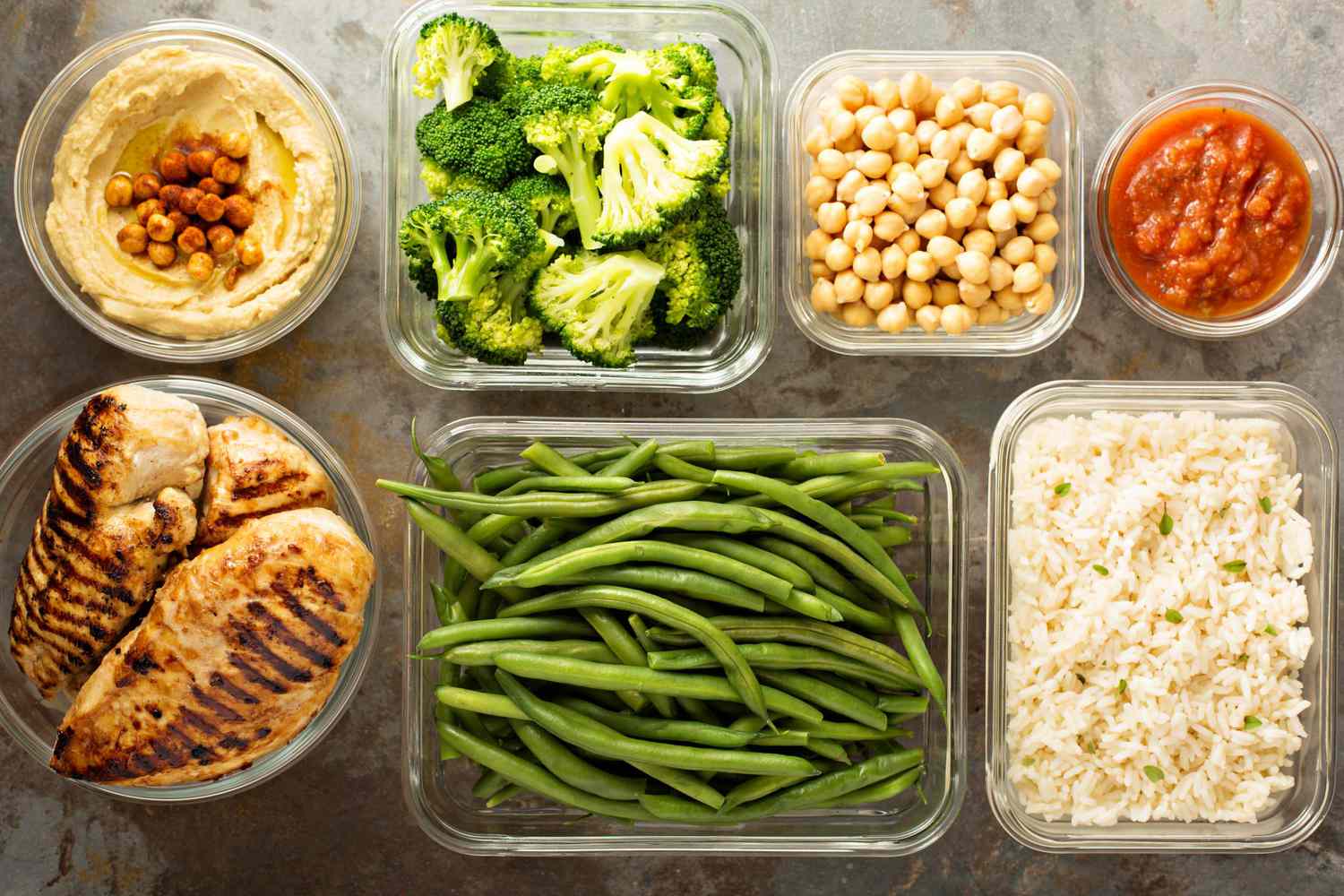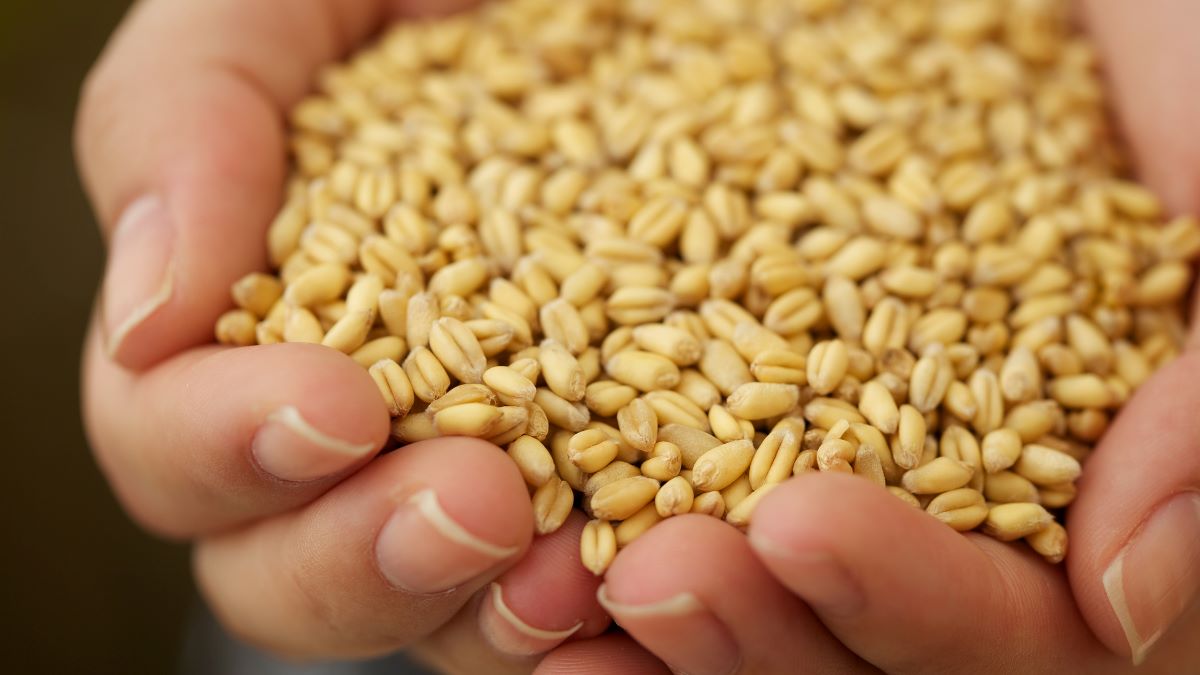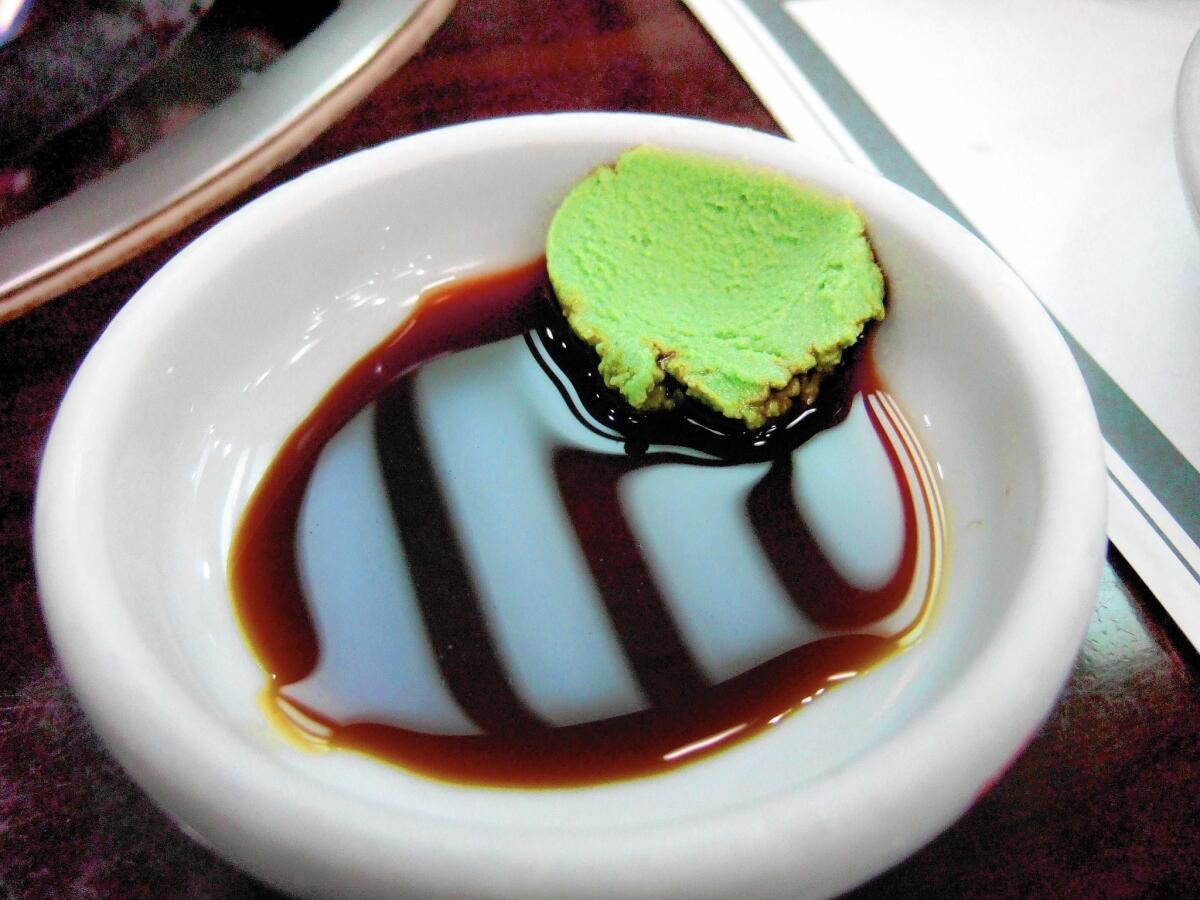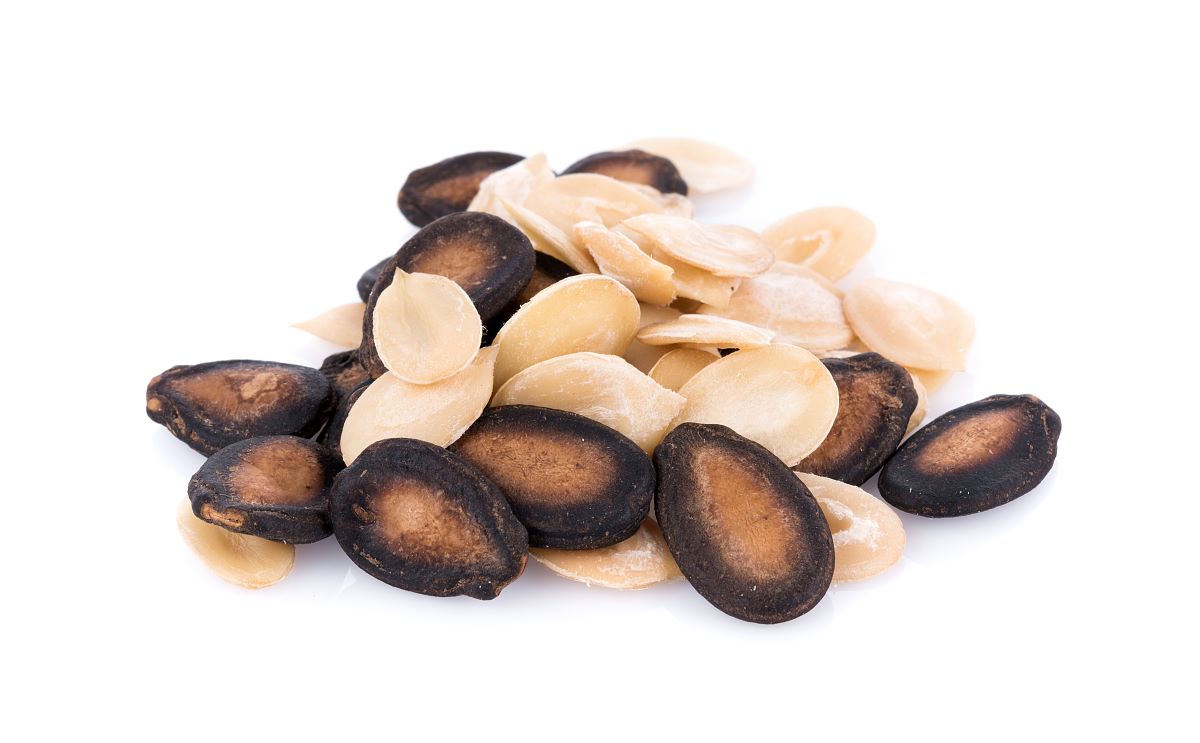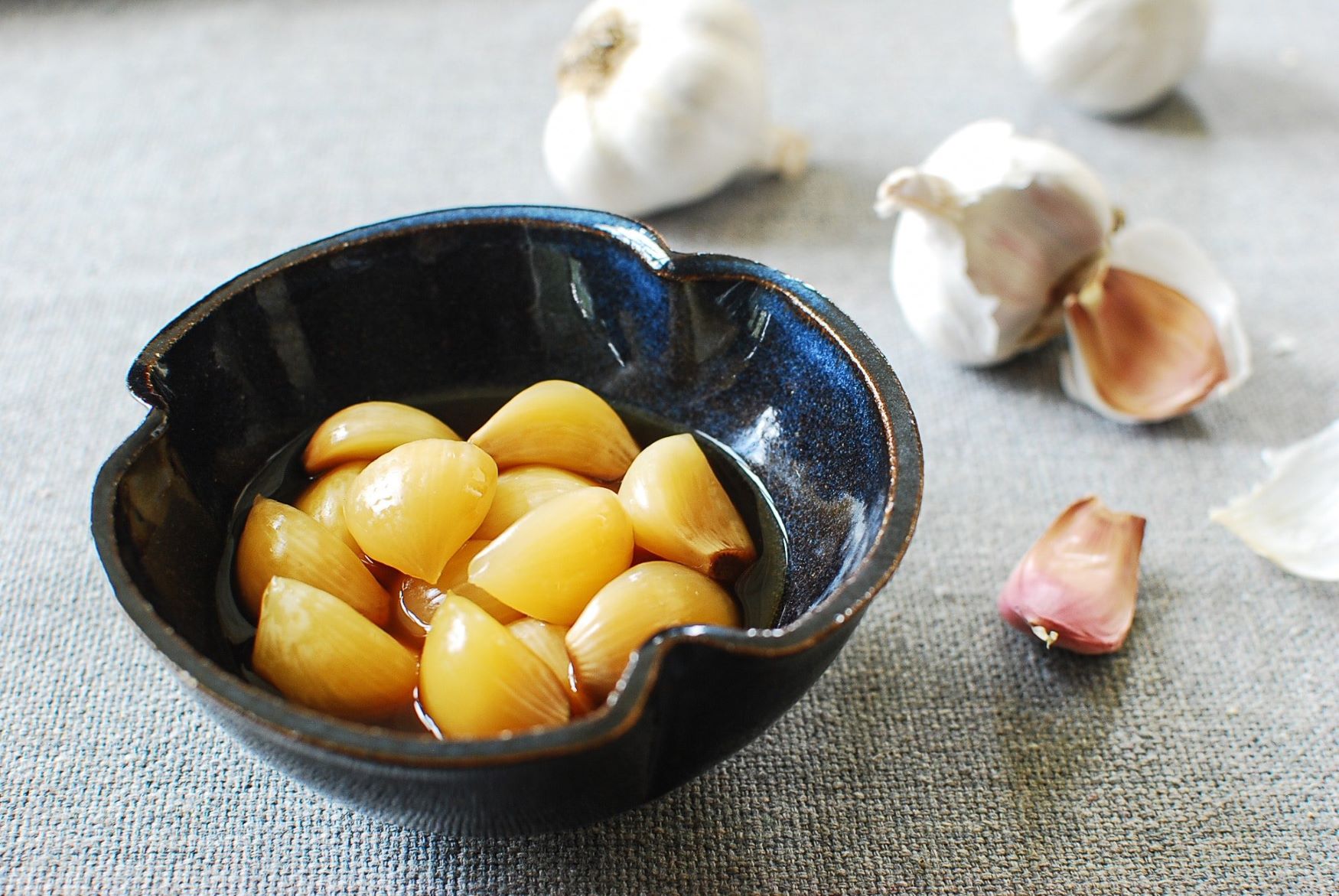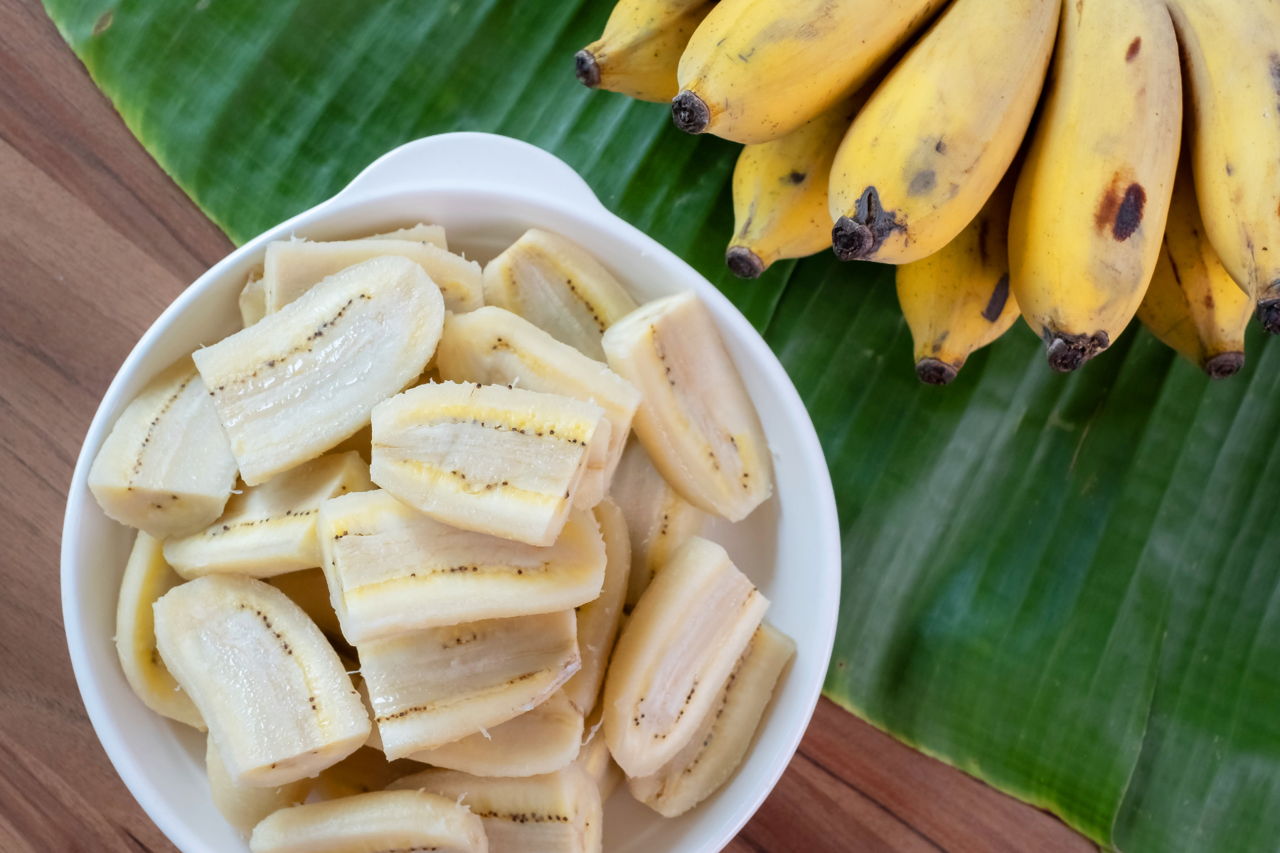Understanding Gastritis
If you have been diagnosed with gastritis, you may be wondering how to adjust your diet to manage your symptoms. Gastritis is a condition characterized by inflammation of the stomach lining, which can lead to discomfort, pain, and digestive issues. While it’s important to follow your doctor’s recommendations for treatment, making changes to your diet can also play a significant role in managing gastritis.
Key Dietary Guidelines for Gastritis
When it comes to eating with gastritis, there are several key guidelines to keep in mind:
- Avoid Trigger Foods: Certain foods and beverages can exacerbate gastritis symptoms. These may include spicy foods, acidic foods (such as citrus fruits and tomatoes), caffeine, alcohol, and high-fat foods. It’s best to avoid these triggers to prevent discomfort.
- Eat Smaller, More Frequent Meals: Instead of consuming large meals, opt for smaller, more frequent meals throughout the day. This can help reduce the burden on your digestive system and minimize discomfort.
- Focus on Gentle, Nourishing Foods: Choose foods that are gentle on the stomach and provide essential nutrients. This may include lean proteins, cooked vegetables, whole grains, and non-acidic fruits.
- Stay Hydrated: Adequate hydration is important for overall health and can also help soothe the stomach. Drink plenty of water throughout the day, and consider consuming herbal teas or diluted fruit juices.
Sample Gastritis-Friendly Meal Plan
Creating a gastritis-friendly meal plan can help you navigate your dietary choices with ease. Here’s a sample meal plan to consider:
Breakfast
- Plain oatmeal topped with sliced bananas
- Scrambled eggs
- Herbal tea
Mid-Morning Snack
- Low-fat yogurt
- Unsalted rice cakes
Lunch
- Grilled chicken breast
- Steamed brown rice
- Steamed carrots
- Water with a splash of lemon
Afternoon Snack
- Sliced apples
- Almond butter
Dinner
- Baked salmon
- Quinoa pilaf
- Sautéed spinach
- Chamomile tea
Additional Tips for Managing Gastritis Through Diet
In addition to following the dietary guidelines and meal plan outlined above, consider the following tips for managing gastritis through diet:
- Keep a Food Diary: Tracking your food intake and symptoms can help you identify specific triggers and make informed dietary choices.
- Avoid Eating Before Bed: To minimize nighttime discomfort, avoid consuming large meals or snacks close to bedtime.
- Experiment with Cooking Methods: Steaming, baking, and grilling are gentle cooking methods that can help make foods easier to digest.
- Seek Professional Guidance: Consult with a registered dietitian or nutritionist who can provide personalized dietary recommendations based on your individual needs and preferences.
Final Thoughts
While managing gastritis through diet requires some adjustments, it’s possible to enjoy a wide variety of delicious and nourishing foods. By following the key dietary guidelines, creating a gastritis-friendly meal plan, and incorporating additional tips, you can take proactive steps to support your digestive health and overall well-being.
